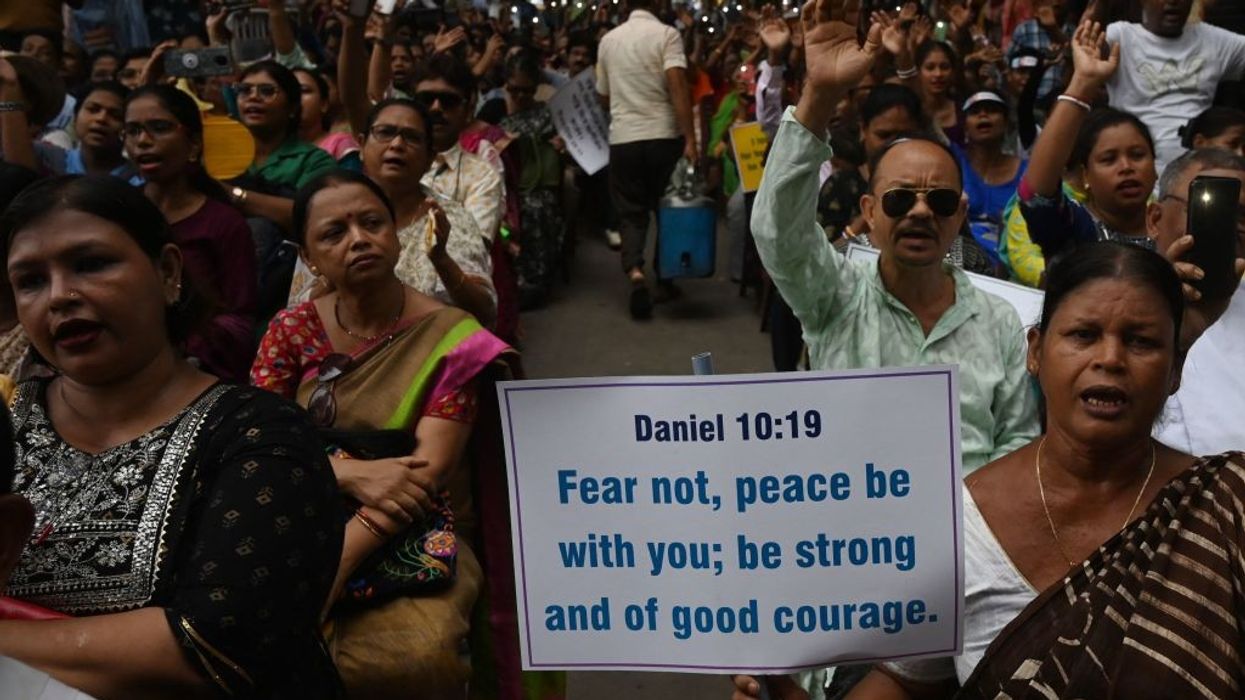INDIA has strongly rejected comments by UN experts on Manipur, terming them “unwarranted, presumptive and misleading” and asserting that situation in the northeast state is peaceful.
In the note issued on Monday (4) to the special procedures branch of the Office of the High Commissioner for Human Rights, the Indian mission underscored that the situation in Manipur was peaceful and stable and the Indian government was committed to taking requisite steps to maintain peace and stability.
"The government is also committed to protecting the human rights of the people of India, including the people of Manipur,” it said.
“The Permanent Mission of India completely rejects the news release as it is not only unwarranted, presumptive and misleading but also betrays a complete lack of understanding on the situation in Manipur and the steps taken by Government of India to address it,” said the Permanent Mission of India to the UN office and other international organizations in Geneva.
India’s response came after a group of UN experts raised alarm about reports of “serious human rights violations and abuses” in Manipur, including alleged acts of sexual violence, extrajudicial killings, home destruction, forced displacement, torture and ill-treatment.
Rejecting the news release by the Special Procedure Mandate Holders (SPMH) titled ‘India: UN experts alarmed by continuing abuses in Manipur’, the Permanent Mission of India expressed disappointment and surprise that the SPMHs chose to issue the press release without waiting for the 60 days period for the Indian government to respond to a joint communication issued on the same topic on August 29, 2023.
The Indian mission expressed hope that in the future, the SPMH would be “more objective” in their assessment, based on the facts.
It hoped that the SPMH would “refrain from commenting on the developments, which have no relevance to the mandate given to them by the Council and abide by the established procedure for issuing news releases and wait for inputs sought from the Government of India before doing so.”
The Indian mission reiterated that India is a democratic country, with an abiding commitment to the rule of law and to promoting and protecting the human rights of our people. "Indian law enforcement authorities and security forces are committed to dealing with law-and-order situations strictly in accordance with the principles of legal certainty, necessity, proportionality and non-discrimination,” it said.
In their news release, the UN experts had said they were “appalled" by the reports and images of gender-based violence targeting hundreds of women and girls of all ages, and predominantly of the Kuki ethnic minority.
“The alleged violence includes gang rape, parading women naked in the street, severe beatings causing death, and burning them alive or dead,” the experts said.
The experts also pointed to an “inadequate humanitarian response” in the wake of the grave humanitarian situation in Manipur following the latest round of community conflict between the predominantly Hindu Meitei and the predominantly Christian Kuki ethnic communities that erupted in May 2023.
(PTI)





